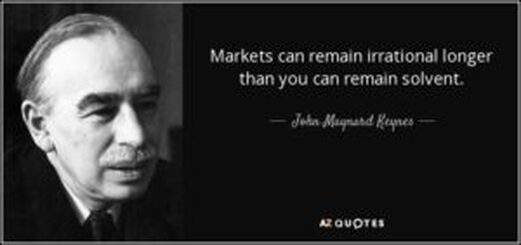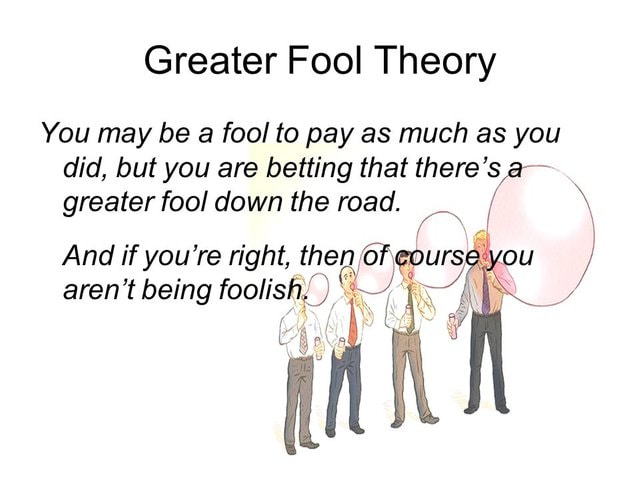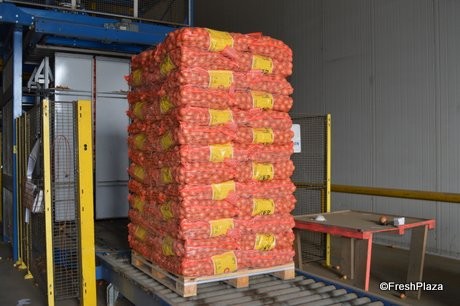I came up with an estimate of how much I wasted throughout my 38 years of living and my time with my wife.
Now, of course these losses/expenses are based on my current view of life.
Maybe when I was younger, I would think this money was well spent.
Also, there are some expenses which I don't regret.
Like spending S$400 for a buffet for 2 at Raffles Hotel. It was a very nice experience. Expensive. I probably won't do it again, but it was still fun that day.
And yet, it's hard to say that the loss of all this S$100k was for nothing.
Cos... there's always the experience, the learning lessons, etc...
Not to mention, that if some of the risky bets I made turned in my favour, then I would have made money instead. So it's hard to really say that all these "losses" are just money down the drain.
So I'll run thru some of the losses and the experiences I've had...
First, right at the top of the list, I made an leveraged FX bet that went really badly. Lost S$35k overnight. I literally went to sleep and woke up with the losses due to forced closed positions.
Yea, I was stupid enough to place the bet without stop-losses. This is one of those scenarios... If the bet turned the other way, I would have made money on it.
But, no excuses.
For me, even though I could have made money on it, this has to be hands down the worst money burner I did. I learnt early on in life that I shouldn't be trading short term, cos I just wasn't good at it. I do better on longer term investments. And YET I still made this bet.
Second, I lost around S$3k when my options expired out of the money. I was trading warrants and the market moved against me. Yes, once again I could have made money on it but on hindsight, this was a bad "investment". Cos I was not prepared to lose the money.
After this incident, I told myself never to go into short term trading again. This happened before the FX incident mentioned above.
This was THE lesson which made me understand that I simply wasn't good at short term trading and yet I did it again.
I also don't sleep well when making such "investments".
Note: I have made other trades in options where I was prepared to lose the money. Even though they expired out of the money, I don't regret those, cos I understood the risks better and was prepared for the losses.
Next, lost around S$7k developing a prototype Android game. Yes, it was fun to plan and talk about it with my friend. However, once again, on hindsight, it was a stupid idea. Both of us did not have the expertise or experience to execute such a business idea.
After this experience, I came to the conclusion that I also wasn't suitable for starting or running businesses. I started a couple of small businesses when I was younger but they all went nowhere. It's just a personality thing, some people have the acumen, some don't. I don't.
I understand and accept that.
So now, I don't get into discussions with people about fancy business ideas, cos I know that a lot of it is just talk and in the end, running a business isn't for everyone.
The loss count due to "investments" at this point totals S$45k.
When I was in army and uni, I spent quite a bit on drinking and clubbing.
I think maybe during my second year in army and first 2 years in uni, 3 years total, I went to club and drink often.
I would estimate it to be around $200 per month? Not sure since it's been so long ago.
Then there are times during my working life that I went out to drink as well. Some were fun some weren't fun, or I felt it wasn't worth the amounts I spent.
I would estimate the total up to be S$10k.
It might seem like a lot, but really... that's probably an underestimation.
Yea I used to drink quite a bit last time.
Then there was this incident where my wife and I went on a trip to China.
The tour guide brought the group to a chop house... You know, the place where they bring tourists in to get slaughtered... Yea... So somehow, in the hype of things, I was foolish enough to plonk down S$2,000 on some overpriced jewelry which my wife wanted.
Why was it foolish? Even though it was something my wife wanted?
Well, cos we didn't have any expertise in the subject, jade. We didn't do any market research on the product, and didn't know what was market price, branding, what was considered good value or a rip-off.
IF we were better educated, then I'm sure that both of us would have concluded that the pricing was too high for the products that they sold. After we went back and did some research, we found out that we could get something very similar, with indistinguishable differences, at around S$500 or less.
Many years back, I used to go to "friends" weddings... I somehow had this childish misconception that I should be honoured that someone would invite me to their wedding. Like, they considered me their friend, and so they invited me. Then as I got older, I learnt (a little too late) that most of these wedding invites are just fillers. "Friends" whom I don't keep in contact with for years, then suddenly they invite me or my wife to their wedding. Errrmmm... Yea... sure... as older folk who've been around, we now realize that the couple just wants to make up the numbers to book a wedding dinner at a hotel.
I'm not too sure how many of such weddings I/we've been to that I feel aren't worth it. So I'll just estimate it to be S$1,500 between the both of us.
Upgrading our wedding package. The basic package was $1k per table. We only had 7 tables of close friends and family, so we thought that it would be nice to have better food and they probably would give bigger "ang pows". So we upgraded our menu to $1,500 per table. An increase of $3,500 in total. This wasn't worth it, the food was great, but since many people check the restaurant website for the price before they come, they just assume that the wedding couple would be taking the basic menu, so... yea you get the picture.
We used to subscribe to Fitness First. I think it was around S$138 per pax per month.
I kinda half appreciated it and half didn't like it. In the end, we didn't have any overall gain in health.
Subscribed to the membership for 1 year, we went daily for around half a year for the group exercises, then lost momentum after a trip overseas, then conveniently didn't go anymore, so we wasted half the subscription for no good reason. Total wastage for the half year, S$1,656.
My first car gave me a lot of grief. There were a lot of learning lessons. But nonetheless, I regretted that car. I should have done more research on cars and reliable cars. It's not just repair expenses but also the mental stress of having the car breakdown, bringing the car to a "ah beng" chop house and having no choice cos I didn't know much about cars, while the guy was probably just quoting me any price for unknown kinds of "necessary" repairs. Went to fix my car a couple of times for major things and a couple of minor things. Total estimated wastage S$5,000.
Compared to my 2nd car, where I needed no repairs and only needed to do basic oil changes every 6 months or so.
Loss count of "lifestyle" choices, S$23,656.
Some time back, there was an uncle who passed away.
The wife, who was my wife's aunt doesn't work and they didn't have much/any savings.
So my wife and I were discussing about how much "pek kim" to give.
And my wife wanted to give the aunt S$5k. Which I think is a quite a considerable sum.
Apparently the couple took care of my wife when she was younger, and the aunt seemed to be concerned about money, funeral expenses, rent and future living expenses.
So I was ok with it. The aunt was nice to us when we met, and since they took care of my wife in her childhood, I thought it was pretty acceptable for us to help her a bit during this trying period.
I mean... the money would probably be used in the interim for the aunt to stabilize her life, pay off expenses and buy her some time for her to find a job right?
So I didn't think too much about it... until around 2 months after the funeral, when I found out that the aunt was going to Australia for holiday.
Which led me to conclude that this aunt doesn't really need much help with her expenses...
If I/we didn't buy into her sob story, we would likely have contributed S$500 or less for the "pek kim".
Loss count of being "too nice" S$4,500.
Total count S$73,156
It's quite amazing how things add up. Over the course of maybe 20+ years, I've managed to burn through S$70k+ of stuff I regret doing.
And even though I would like to have avoided making these spending/losses, there are also lessons which I learnt along the way. Learning about myself, learning about people, learning how to react to certain issues, etc. Sure it would be best if I could have attained these lessons without the monetary loss, but what's done is done, and all I can do is to learn from them and move on and hopefully not make such mistakes in future.
There's probably more which I've forgotten so maybe the real total should be S$100k.
Hmmm, but if I don't remember it, then how can I regret it right? Means I probably don't think it was significant.
Now... of course, not all spending is bad, sometimes I/we intentionally spend more even though we could save on something. And we may indulge in some of the luxuries we enjoy.
Sometimes we try food which we end up not liking, but that's part and parcel of trying new things. So I don't consider that a waste.
For those listed above, I'd probably say, I'd liked to have avoided doing those things IF I had better clarity of mind, or more experience at that point in time.
<<PREVIOUS POST // NEXT POST>>
Did you like this post? If so, could you "blanjah" me 1/4 cup of my morning coffee pls.
You may also consider subscribing to receive the articles in your email, link in the column on the right.






 RSS Feed
RSS Feed
